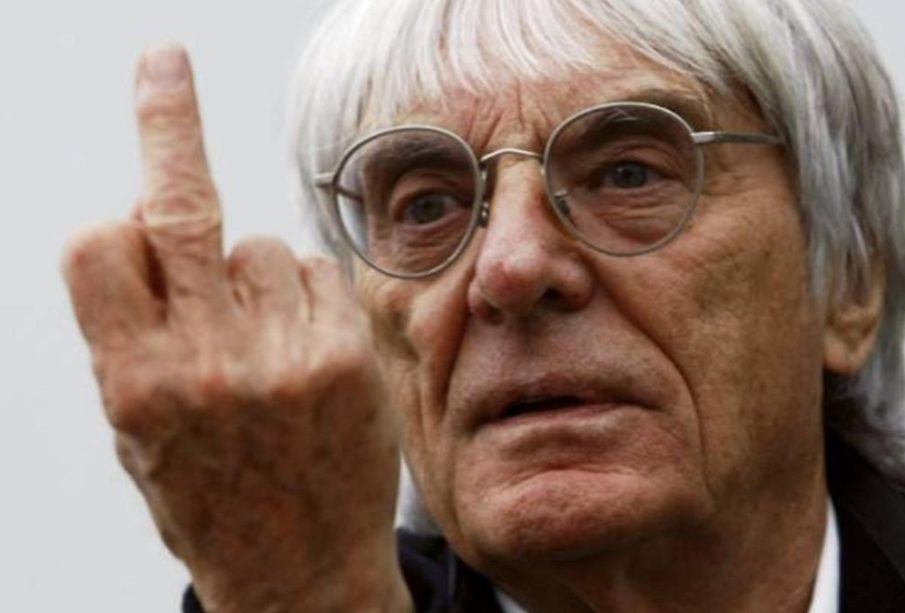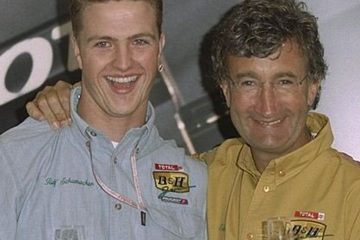The Enduring Legacy of Bernie Ecclestone in Formula 1

Introduction
Bernie Ecclestone, a name synonymous with Formula 1 racing, has shaped the landscape of motorsport for decades. His keen business acumen and unconventional management style transformed F1 into a global phenomenon. As Formula 1 continues to evolve year after year, the significance of Ecclestone’s contributions remains relevant, particularly with the rise of new owners and changes in the sport’s governance.
Ecclestone’s Rise to Prominence
Born on October 28, 1930, in Bungay, Suffolk, Ecclestone began his career in motorsport as a racer in the 1940s. However, his strategic thinking emerged when he became the organiser for races at the Brands Hatch circuit in the 1950s. By the 1970s, he had gained control over the commercial rights of Formula 1, effectively becoming its key figure and chief negotiator.
During his tenure, which spanned over four decades, Ecclestone established significant television deals, enhancing the sport’s visibility. He was instrumental in modernising the F1 brand, attracting corporate sponsorships, and ensuring the races took place in spectacular locations around the world, which increased fan engagement and ticket sales.
Controversies Surrounding Ecclestone
Despite his successes, Ecclestone’s career has been peppered with controversies. His comments on various social issues and reported connections with authoritarian regimes raised significant concern. Notably, his remarks during a 2016 interview sparked debates about his views on racism and modern political sentiments. These controversies led to increased scrutiny of his leadership style and decision-making processes.
After ceding operational control in 2017 to Liberty Media, he remained a prominent figure within the sport until early 2022, when he was removed from the board of F1. His departure marked a significant turning point for the sport, signalling a new era with a focus on diversity, sustainability, and digital engagement.
Current Impact and Conclusion
Despite his exit, Ecclestone’s legacy persists in Formula 1’s existing structure and global appeal. The sport has adapted many of his successful strategies while addressing the need for modernization aligned with contemporary values, including inclusivity and environmental responsibility. As the new management pursues further innovation and fan engagement, the foundations laid by Ecclestone will undoubtedly continue to influence decision-making.
Looking ahead, F1 is poised for more growth, attracting younger audiences and expanding into new markets. The path Ecclestone forged remains essential to understanding the modern dynamics of Formula 1 racing; one cannot discuss the sport without acknowledging the profound impact of Bernie Ecclestone.









